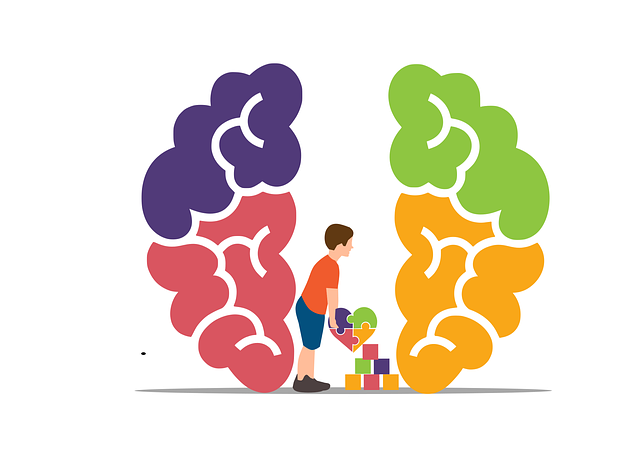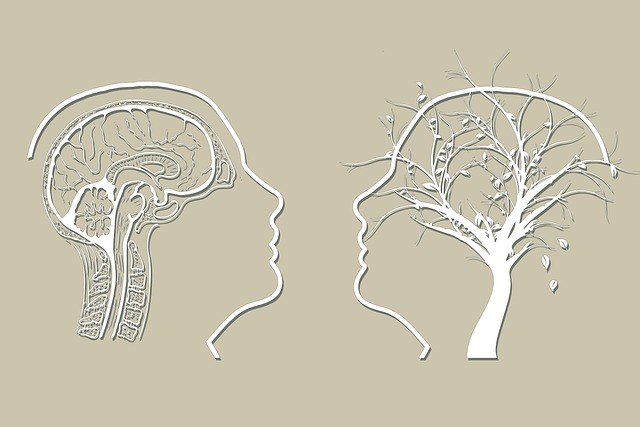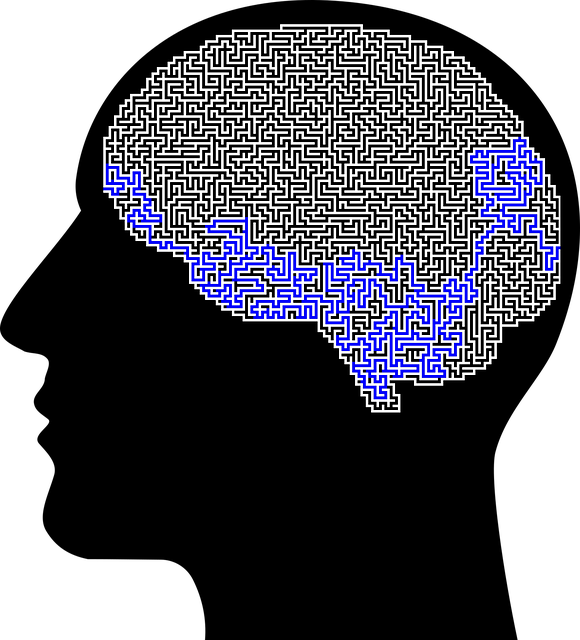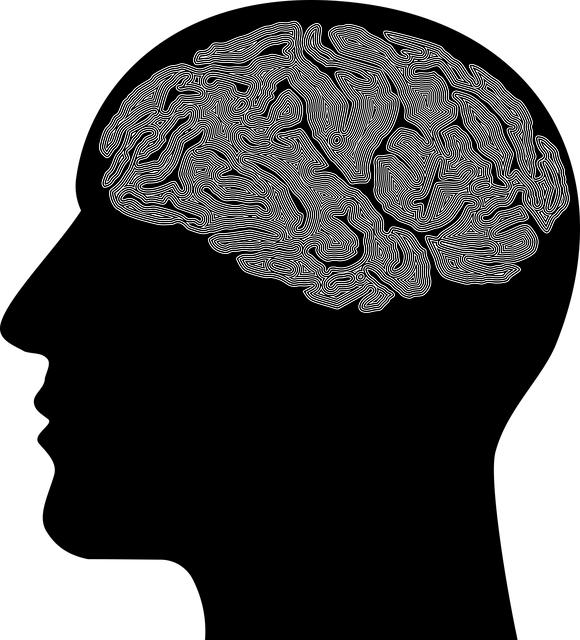The stigma surrounding mental illness, particularly in Highlands Ranch, creates significant barriers for individuals seeking help through therapy, like Depression Therapy services. This leads to isolation, limited access to care, and self-stigmatization. To combat this, community initiatives such as outreach programs, workshops on stress management, and support groups are crucial. Educational programs that dispel myths, open conversations about mental wellness, and mindfulness practices all reduce stigma. Highlands Ranch Depression Therapy plays a vital role by providing safe spaces for structured discussions led by professionals, normalizing mental illness conversations, and promoting empathy through peer connections.
Mental illness stigma reduction is a crucial effort in enhancing mental health support. This article explores how understanding stigma and its profound impact on individuals’ well-being can foster positive change. We delve into effective strategies for reducing community stigma, emphasizing education and open dialogue. Additionally, we highlight the transformative power of therapy and support groups in Highlands Ranch Depression Therapy settings, offering safe spaces for healing and breaking down barriers.
- Understanding Stigma and its Impact on Mental Health
- Strategies for Reducing Stigma in Communities
- The Role of Therapy and Support Groups in Combating Stigma
Understanding Stigma and its Impact on Mental Health

Stigma surrounding mental illness is a significant barrier to individuals seeking help and support for their well-being. It often manifests as negative attitudes, stereotypes, and discrimination against those living with conditions like depression or anxiety disorders. This societal stigma can have profound effects on an individual’s life, leading to increased isolation, reduced access to quality care, and even self-stigmatization where individuals internalize these negative perceptions, further exacerbating their mental health challenges.
In Highlands Ranch Depression Therapy, for instance, understanding the impact of stigma is crucial. Many clients might delay seeking treatment due to fear of judgment or embarrassment. Therefore, efforts to reduce stigma are vital, including initiatives like Community Outreach Programs that educate and raise awareness, Stress Management Workshops aimed at fostering empathy and challenging misconceptions, and implementation of Support Groups where individuals can share their experiences in a safe environment. By addressing these issues, the community can create a more inclusive and supportive atmosphere for those dealing with mental health struggles, ultimately encouraging them to access necessary care and support.
Strategies for Reducing Stigma in Communities

Stigma reduction efforts are crucial for fostering understanding and acceptance within communities, including Highlands Ranch Depression Therapy spaces. One effective strategy is education programs that dispel myths about mental illness. These initiatives can involve workshops, community talks, or online resources that provide accurate information and personal stories to humanize mental health challenges. Encouraging open conversations around mental wellness also plays a vital role; this can be facilitated through support groups, peer mentoring, or even simple discussions in schools and workplaces, helping to normalize conversations about mental health.
Additionally, integrating practices like Mindfulness Meditation into daily routines can significantly impact stigma reduction. By promoting stress management techniques and healthy coping mechanisms, individuals can better regulate their emotional well-being, reducing the likelihood of mental health concerns being stigmatized. Communication strategies that emphasize empathy, active listening, and non-judgmental attitudes are also essential tools in these efforts, ensuring that those facing mental illness feel supported and understood within their communities.
The Role of Therapy and Support Groups in Combating Stigma

Therapy and support groups play a pivotal role in mental illness stigma reduction efforts. Highlands Ranch Depression Therapy, for instance, focuses on creating safe spaces where individuals can openly discuss their experiences without fear of judgment. Through structured conversations led by trained professionals, therapy sessions foster understanding, empathy, and compassion—all essential elements in dismantling the stigma surrounding mental health issues.
Moreover, support groups amplify these efforts by providing peer-to-peer connections, encouraging resilience building, and offering practical advice tailored to individual needs. They serve as a powerful tool for risk management planning among mental health professionals, promoting best practices that reduce misperceptions and promote early intervention. By combining professional guidance with community support, these initiatives work synergistically to normalize conversations around mental illness, ultimately contributing to broader mental illness stigma reduction efforts.
Mental illness stigma is a pervasive issue, but with concerted efforts, communities can foster understanding and acceptance. By implementing strategies like education, open conversations, and support systems, we can create an environment where individuals experiencing mental health challenges feel supported. Therapy and support groups play a pivotal role in this process, offering safe spaces for sharing experiences and reducing the isolation often associated with mental illness. Through these collective actions, Highlands Ranch Depression Therapy and similar initiatives can help break down barriers, leading to improved mental well-being for all.











